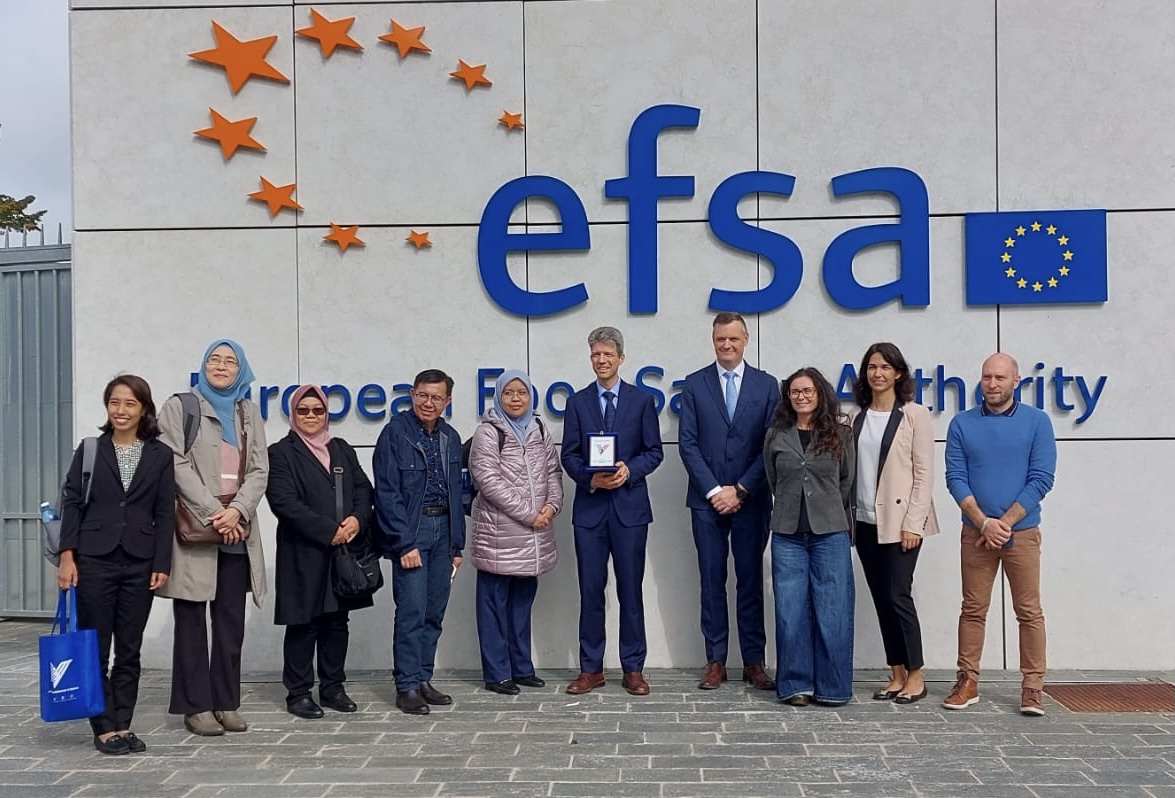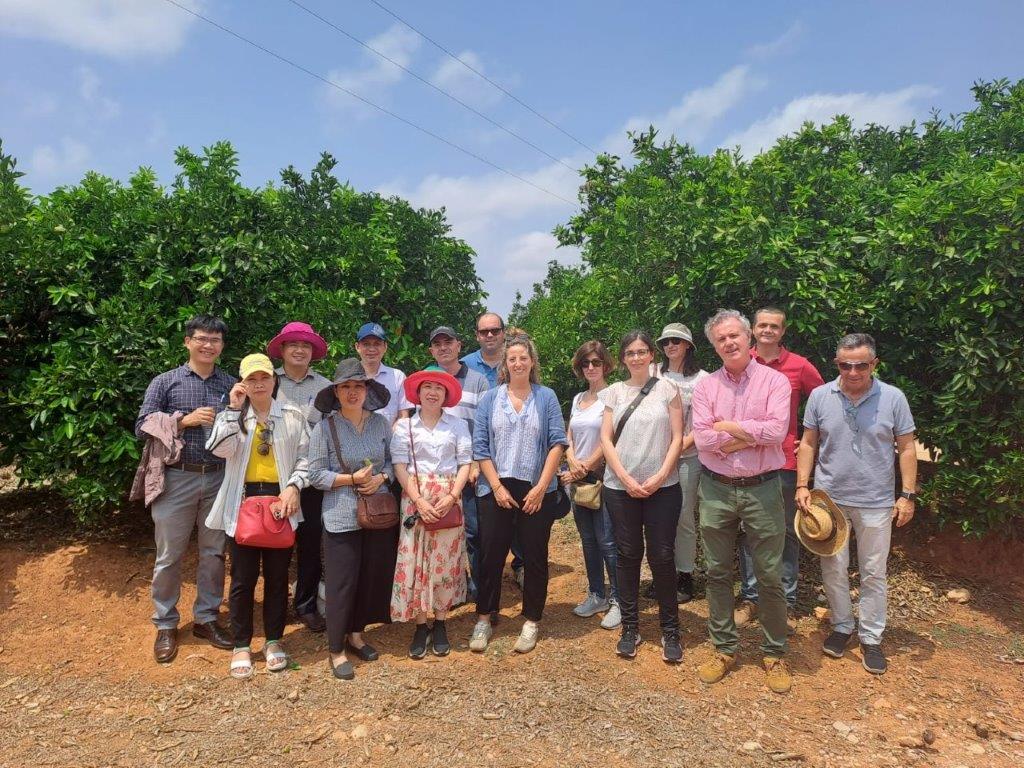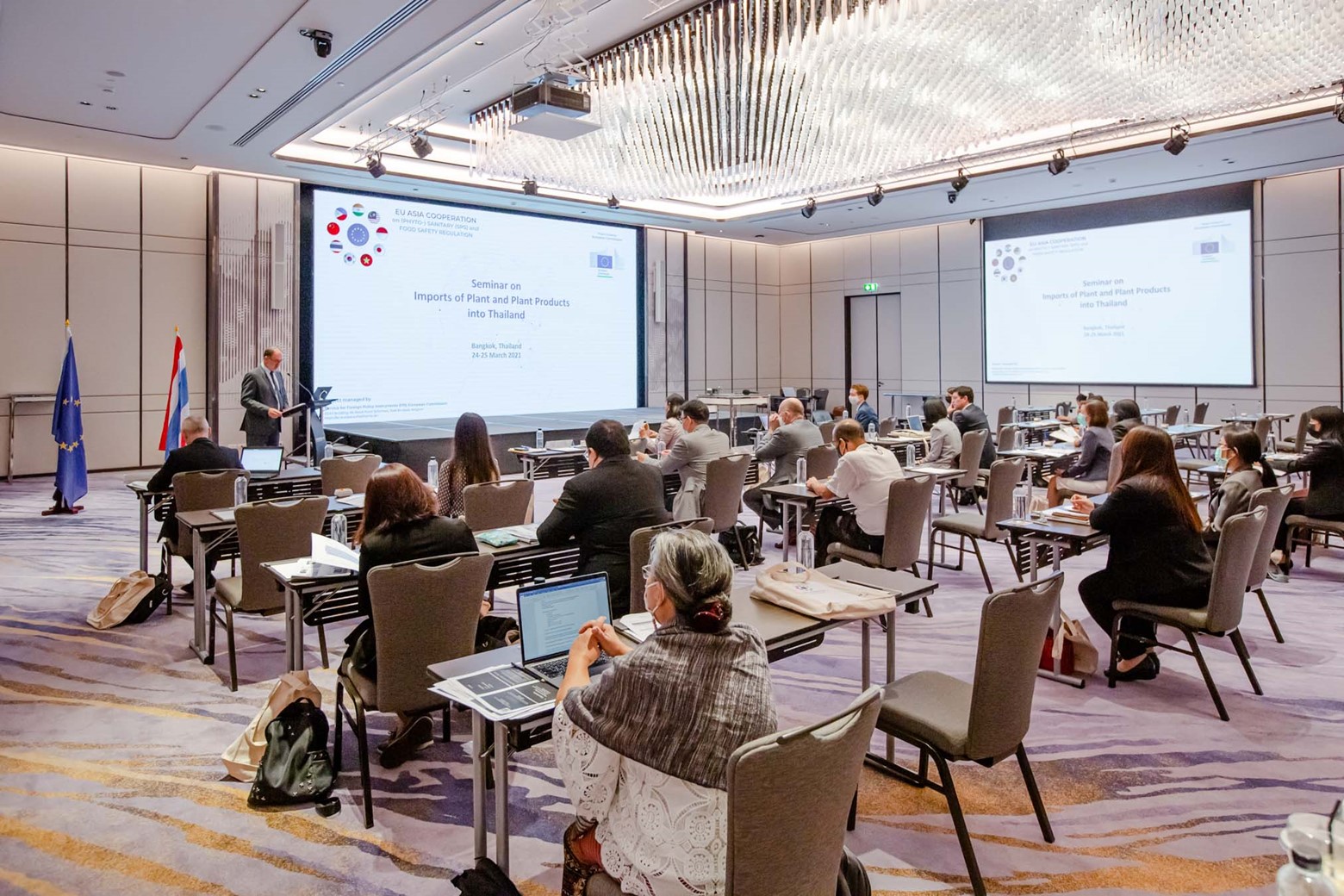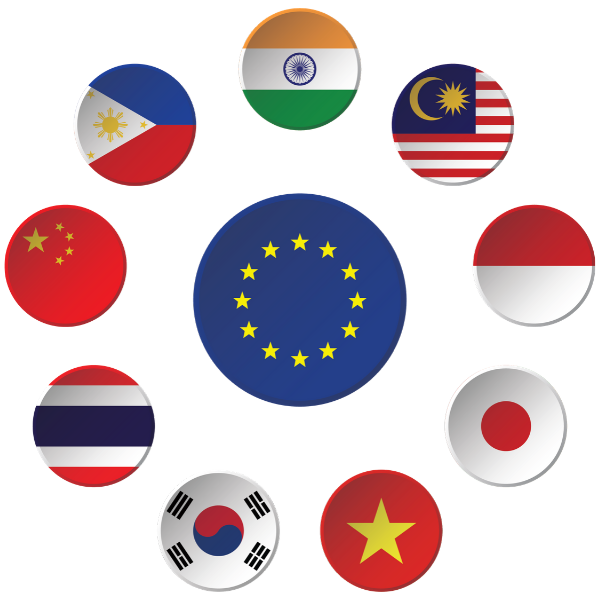Overall objective
To improve conditions for the EU food and drink industry to access the markets of China, India, Indonesia, Japan, Malaysia, Philippines, South Korea, Thailand and Vietnam.
The general objective is to contribute to improve the regulatory cooperation on Sanitary and Phyto-Sanaitary (Food Safety, Plant Health and Animal Health) and food safety between competent authorities in the EU Commission, EU Member States, and Asian partner countries and to expand economic opportunities for EU businesses in Asia through this cooperation.



Summary

The EU-ASIA Cooperation on SPS project started in October 2019, and despite a delay in some of the activities caused by the global COVID-19 pandemic, the project managed to successfully meet its main objectives eventually. The project eventually finished in October 2023.
The overall objective of the project was to improve conditions for the EU food and drink industry to access the markets of China, India, Indonesia, Japan, Malaysia, Philippines, South Korea, Thailand, and Vietnam. The general objective was to contribute to improve regulatory cooperation on SPS and food safety between competent authorities in the EU Commission, EU Member States, and Asian partner countries and to expand economic opportunities for EU businesses in Asia through this cooperation. The project worked towards removing and avoiding unjustified restrictions to trade that result from sanitary and phytosanitary control measures, and thereby to facilitate the access of EU food and drink products to the respective markets. The project supported the cooperative orientation of the EU's policies and it is fully in-line with the “Trade for All Communication” of the European Commission.
The project consisted of the organisation of 3 types of main activities;
1) organisation of international seminars (2 seminars)
2) organisation of regulatory dialogue visits of Asian officials to the EU (10 regulatory visits)
3) production of ‘applicant guides’ summarising regulatory requirements and administrative procedures applicable to a number of products and countries (17 guides)
Therefore, in summary, the main outcomes delivered during this project were the following;
- 2 international seminars were organised during the course of the project. These two events have gathered a total of 228 participants. These seminars (one on Plant Health, and one on Food Contact Materials) addressed long-standing problems that affect trade for all Member States. The seminars hosted government representatives of the of the food safety and health administrations, at senior and technical level, with representatives of the European Union (EU), the EU Member States, and the EU food and beverage industry. During the seminars, these stakeholders discussed regulatory policies and their potential or existing trade impacts.
- 10 regulatory dialogue visits were organised in the European Union for delegations of officials coming from competent authorities of Asian trading partners to demonstrate the solidity of EU SPS measures in the view of facilitating EU exports towards Thailand (3 visits), Indonesia (2 visits), Malaysia (2 visits), Vietnam (2 visits) and India (1 visit).
- 12 guides for applicants were developed summarising regulatory requirements and administrative procedures applicable to a number of products and countries that are of particular interest for the EU. The guides on the legislative evaluation and comparison of different 3rd countries were intended to help applicants (i.e. EU business operators, primary production enterprises, associations and EU Member State administrators acting in support of their industries) in their efforts to penetrate new markets in Asia. The guides described step by step the application procedures, contact points, formats of submissions, timelines etc. that are relevant for market access of specific products.
One significant challenge was the inability to organize face-to-face events for nearly two years. Despite this, the project team, along with FPI program staff in EU Delegations and Headquarters, worked tirelessly to adapt and overcome these hurdles. The beneficiaries were gradually remobilized in each country, showcasing the team's dedication and resilience.
The project is funded by the European Commision and implemented by AETS consortium

